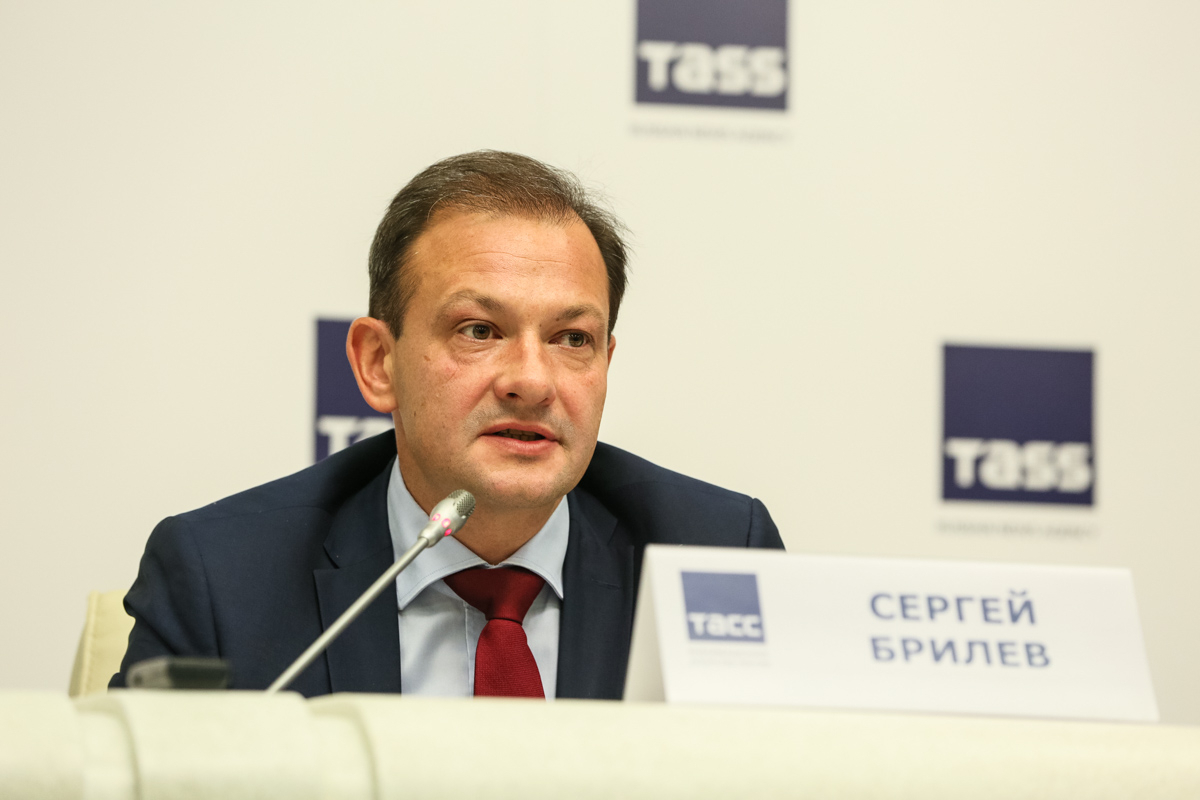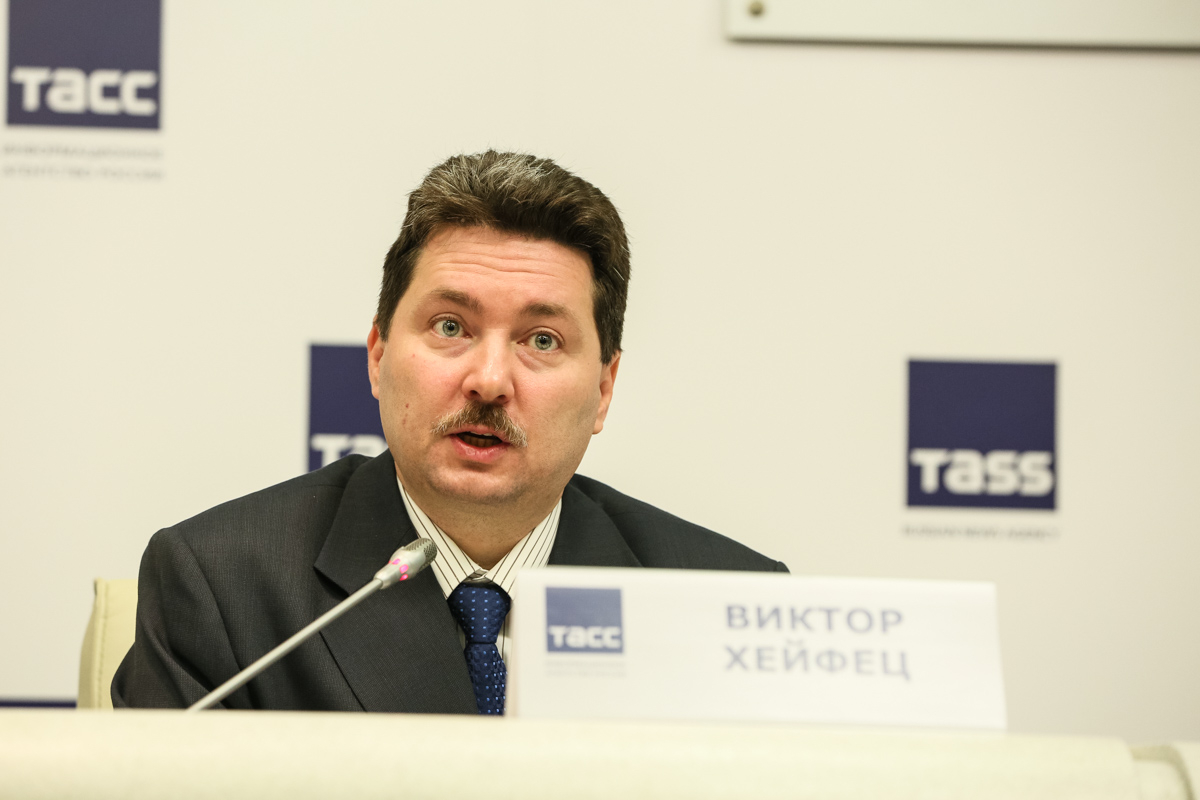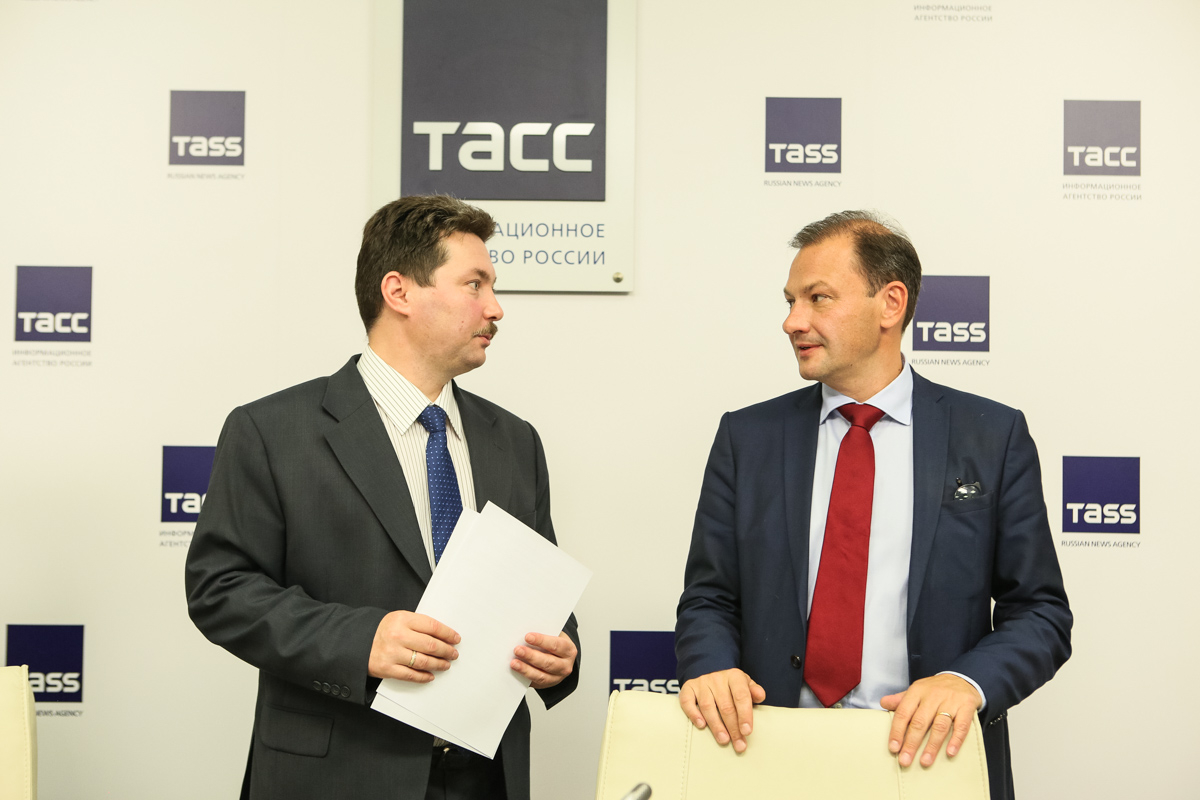Experts on Ibero-America from 35 countries of the world have come to St Petersburg University
The 4th International Forum ’Russia and Ibero-America in a Globalizing World: History and Modernity’ has begun its work in St Petersburg. In the next three days, St Petersburg University will host: the discussion of the most pressing issues of international politics; the unveiling of the first monument in Russia to José Artigas, the founder of the Eastern Republic of Uruguay; as well as the presentation of a book about África de las Heras, a famous Soviet secret service agent.
‘This year there are about 650 participants from 35 countries: from South Africa and China to almost all countries of Latin America; a significant part of the countries of the European Union; and, needless to say, Russian participants,’ Viktor Kheifets, the Director of the Ibero-American Studies Center at St Petersburg University, said during an introductory press conference in the Russian News Agency ‘TASS’.
At present, it is the largest expert platform in our country on Latin-American and Ibero-American issues, including Spain and Portugal.
Viktor Kheifets, the Director of the Ibero-American Studies Centre at St Petersburg University
The overarching issues of the 2019 forum were regional political and economic integration, as well as the role of China, the USA, the European Union and Russia in the economic processes of Latin America. Additionally, the organisers assigned an important place to historical issues. Some forum events are dedicated to the 200th anniversary of the discovery of Antarctica, as well as to the impact on the Ibero-American countries of the Communist International (Comintern), the centenary of which was celebrated in 2019. One of the most striking events will be the unveiling of the bust of José Artigas, the founding father of the Eastern Republic of Uruguay. He was described by Sergey Brilev, member of the Presidium of the Council on Foreign and Defence Policy of the Russian Federation and Russia TV Channel Deputy Director.
‘What do the importance and symbolism of this event stand on? Let me remind you that back in 1857, by sending a letter to Alexander II of Russia, Uruguayan President Gabriel Pereira (by the way, the nephew of the Artigas whose bust we are unveiling soon) made Uruguay the first Latin American republic to establish diplomatic relations with the Russian Empire. Then, Uruguay became the first South American country to recognise the Soviet Union, and the first South American country to restore relations with the Soviet Union during the Great Patriotic War. Therefore, indeed, we have long-standing relations and Uruguay is a kind of gateway to the continent for the Russian Empire, for the Soviet Union, and for the new Russia,’ Sergey Brilev emphasised.
Sergey Brilev noted that the forum will also host the opening of an exhibition dedicated to the first FIFA World Cup in Montevideo in 1930. This event is dedicated to the bid of Uruguay, Chile, Argentina, Paraguay to host the World Cup in 2030. Additionally, the event participants will be able to attend the presentation of Raul R. Villarino's book ‘Mi nombre es patria’, which tells about África de las Heras, a famous Soviet secret service agent. It was her story that provided the basis for the documentary shot by the All-Russia State Television and Radio Broadcasting Company (VGTRK) to commemorate the centenary of the Foreign Intelligence Service, which will be celebrated on 20 December 2020.
The press conference was also attended by well-known Ibero-American researchers: Vladimir Rouvinski, Director of the Center of Political Studies and International Relations (Colombia); and Andrés Serbin, Head of the Regional Coordination Center of Economic and Social Studies of Latin America and the Caribbean (Argentina) and ex-adviser to the Ministry of Foreign Affairs of Venezuela.
‘During the Soviet period, contacts between scientific institutions both in the Soviet Union and in many countries of Latin America were well established. Additionally, a very large number of students from Latin American countries received higher education in the USSR. However, in the 1990s, when Russia practically left Latin America, a certain vacuum arose. We must pay tribute to St Petersburg University, because the work that began here in St Petersburg has led to a revival of very serious academic contacts,’ said Vladimir Rouvinski.




